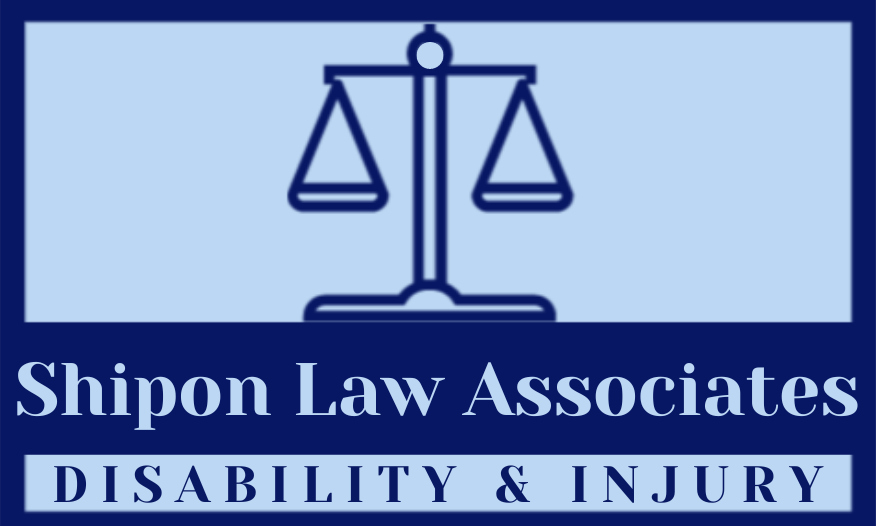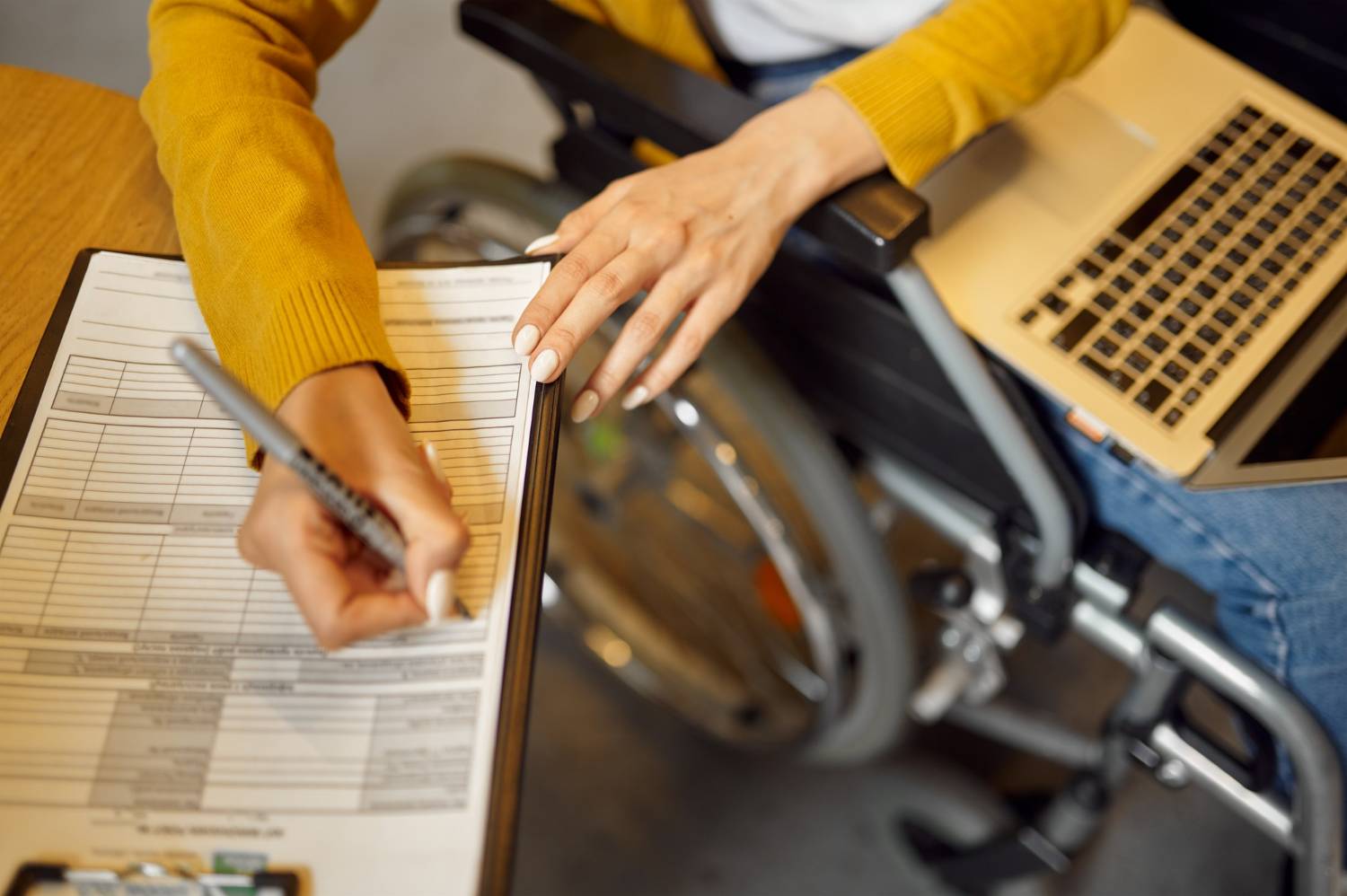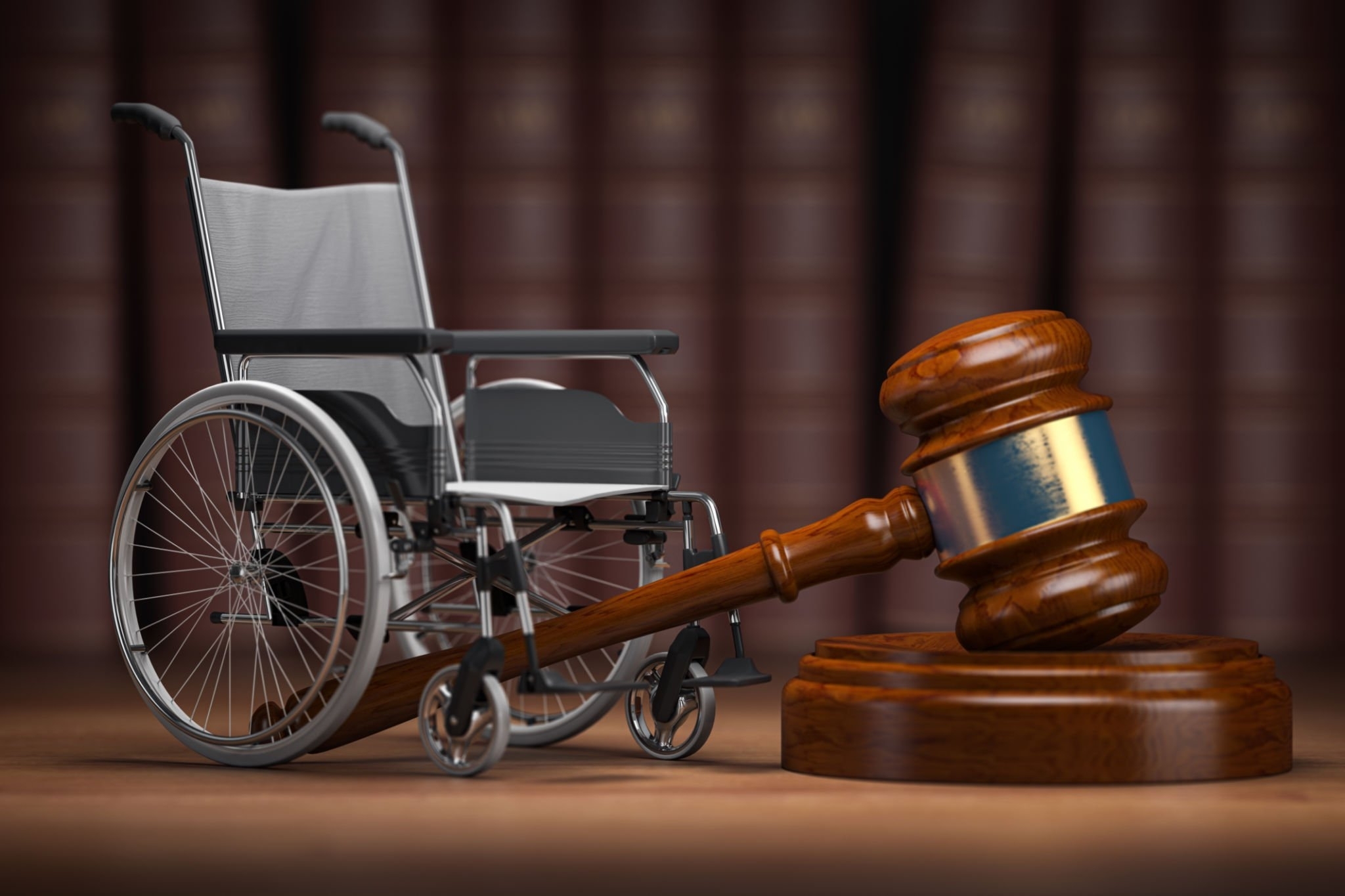In recent years, the Epilepsy Foundation has received a number of reports from consumers whose children are prescribed Diastat (a rectally administered diazepam) or other FDA approved treatments and are denied access to schools, daycare, school- related activities, or have incurred unnecessary medical risks, because schools and child care service providers refuse to make the medica- tions readily available onsite. Because these medicines, including Diastat, are designed and FDA approved to be safely administered by lay people, family and caregivers who have been educated in its delivery, lack of access to a doctor or nurse on-site is not an acceptable reason to refuse to administer the medication or to deny a child or student access to the program. In addition, federal and state law is clear that students who need medical or related services while participating in school and school activities are entitled to receive those services. Therefore, the Foundation joins families, medical experts, and advocates in demanding that children and students who use medications in school receive them promptly when needed.
A case of interest to the epilepsy com- munity, and any school child who needs medications, is American Nurses Association (ANA) v. Jack O’Connell. In this case, the ANA challenged a settlement agreement between the American Diabetes Association
(ADA) and the California Superintendent of Education. The agreement allowed unlicensed school personnel to be trained to monitor administration of insulin for studentss with diabetes when a school nurse was not available. There is currently a severe shortage of school nurses in California; there are only about 2,800 school nurses to care for the over six mil- lion students in California public schools, creating a ratio of about only one school nurse for every 2,200 students. In fact, only about five percent of California public schools have a full-time school nurse, 69 percent have a part-time school nurse, and about 26 percent have no school nurse at all. Without the agreement to allow trained staff to administer insulin to students when a school nurse is not present, some students would likely not receive insulin doses that are medically necessary. This reality notwith- standing, the ANA filed this challenge to the agreement and the plans of the state educa- tion system to make the medication avail- able, arguing that the California Nursing Practice Act (NPA) prohibits the administra- tion of insulin without the presence of a nurse.
In 2008, the Sacramento County Superior Trial Court declared that the agree- ment regarding unlicensed school personnel provision was invalid. Although expressly acknowledging that the outcome adversely affected not only the educational opportuni- ties of students with diabetes, but also their health and safety, the trial court concluded that the NPA prohibited unlicensed persons from administering medication categorically and that the California Education Code did not authorize unlicensed school personnel to administer insulin to students with diabetes.
Furthermore, the trial court found that fed- eral law (Section 504 of the Rehabilitation Act of 1973, Title II of the Americans with Disabilities Act, and the Individuals with Disabilities Education Act) did not preempt the NPA’s prohibition against unlicensed school personnel administering insulin.
On appeal in 2010, the Third Appellate District applied an extremely broad interpre- tation of the California NPA, and affirmed the trial court’s ruling that the NPA pro-hibits non-medical school personnel from administering insulin to students with dia- betes. Moreover, the appellate court ruled that the NPA prohibits anyone but a nurse from administering any type of medication in any setting (outside of a few narrow exceptions), and that the federal disability laws do not preempt California’s NPA, even in situations where there is no nurse present to administer insulin to a student.
In both the trial and appellate courts, the ADA and the California Department of Education argued that the NPA does not prohibit non-medical school personnel from administering insulin, that state law actually authorizes this practice, and that federal civil rights laws protecting students with disabili- ties preempt any such prohibition in state law, at least when a school nurse or other licensed person is not available to administer the medication.
The Epilepsy Foundation submitted an amicus curiae letter to the California Supreme Court urging that court’s review on appeal to settle an important question of law. All of California’s school children who require administration of medications at school could be adversely affected by this ruling, includ- ing children who require antiseizure medica- tions such as Diastat.
The California Supreme Court is current- ly considering the case. It should be noted that many organizations have filed friend of the court briefs opposing the lower court’s ruling, including the U. S. Department of Education (DOE) and the U.S. Department of Justice (DOJ). In a joint brief, the United States noted that it took no position on whether the Court of Appeals correctly inter- preted California law in the case; however, it asserted that the Court of Appeal’s interpre- tation of the California NPA, as applied to the case, conflicts with federal law to provide a free and appropriate education to students. Therefore, it is preempted by federal law.
To review a copy of the brief filed by the DOE and DOJ, please see our website: www.epilepsyfoundation.org/resources/ epilepsy/attyresources.
Are For-Profit Colleges Good Alternatives to Other Post-Secondary Education Options?
Congressional Hearings Held and Education Department Final Rule Issued on the “Gainful Employment” Rule
Many individuals with disabilities attend for-profit colleges and other career-training programs. This appears to be in part due to difficulties students with disabilities can face in the traditional post-secondary education environment, such as high grade and test score requirements, long waiting lists, and lack of adequate disability services. However, it appears there is data showing potential risks for people attending for-profit colleges.
For-profit colleges have been sharply criticized over the past year for their recruiting practices, which aggres sively target low-income, minority, single parent, and dis abled students. While these schools make enormous profits, many fail to provide adequate supports for their students, leaving students with massive debt, and no jobs to pay it off. Students enrolled in for-profit schools repre sent just 10 percent of all undergraduate students, but account for 44 percent of all student loan defaults.
For-profit colleges can provide a valuable educational opportunity for students, but these schools have also been reported to use aggressive recruiting tactics, focused heavily on vulnerable disabled students. Often, for-profit colleges make promises they do not keep, such as disabil ity support services, employment advisors, and individu alized attention. Even when a school does not fulfill the promises recruitment officers may have made, students are still responsible for costs even if they decide to with draw from the program.
A broad-based investigation of for-profit schools was launched by Senator Tom Harkin as a result of the rapid increases in the amount of federal financial aid and other federal student assistance programs flowing to these schools. The purpose of the investigation was to under stand how well for-profit schools, many of which are highly profitable publicly traded corporations, are serving students and taxpayers. As part of this effort, Senator Harkin led five hearings and collected data from 30 for profit schools. To review reports from the investigation led by Senator Harkin, see http://harkin.senate.gov/help/ forprofitcolleges.cfm.
On June 2, 2011 the Department of Education released a final rule designed to hold for-profit colleges and career training programs accountable for preparing their students for employment. The regulation, known as the “Gainful Employment” rule ensures that schools which fail to demonstrate the effectiveness of programs to prepare their students for “gainful employment” would risk losing their eligibility to participate in federal education grant and loan programs. The rule mandates that programs would lose their eligibility to dispense federal student aid if, over the next four years, their graduates fail to meet new bench marks for loan repayment and ratio of debt to income.
National Office Launches New Website
After much anticipation, the national Epilepsy Foundation launched its new and improved website on August 1, 2011. The site has a new look, streamlined navigation, enhanced technolo gies, and an enhanced e-communities design to sup port our growing online health community of 15,000. The site links to new Facebook pages and Twitter feeds, as well as a redesigned online store. One of the most exciting features is our planned new tool, WebEase. This is an online epilepsy self management program designed to help those with epilepsy better manage their stress, sleep and medication adherence.
With new research content, features, and tools, the site will empower the Foundation to lead the fight to stop seizures, find a cure, and overcome the challenges created by epilepsy.
Please visit our site at www.epilepsyfoundation.org.
Fund Recognizes Contributions of Attorney Marc Shipon
Marc Shipon, of Pennsylvania, has been practicing disability law since 1992. He developed a special interest in epilepsy because he has seen how epilepsy has affected the life of his mother-in-law. Helping people obtain benefits has been a way in which Shipon has positively impacted the lives of people with epilepsy.
Shipon graduated from Villanova Law School in 1991, where he worked as an Intern in the law school’s Community Legal Services Program. It was through this experi ence that Shipon first learned about social security disability practice. He saw how he could really help people who are no longer able to work or who have children with severe impairments. He opened his law prac tice in 1993 and has been working in the field of social security and personal injury matters ever since. Shipon is the Founder and President of USDISABILITY.COM, a division of the Law Offices of Ruch & Shipon. His firm specializes in handling social security dis ability claims and appeals nationwide as well as personal injury and wrongful death claims. For more information about his firm, see www.usdisability.com.
Shipon has represented individuals referred by the Fund. One case involved a client who had been physically beaten, devel oped seizures, and became homeless for a while. Shipon was able to obtain benefits for her; she is no longer homeless and receives a decent income. In another matter, a person contacted the Fund seeking assistance on behalf of her sister, who had been denied social security benefits. Shipon guided this family through the long appeal process. He was eventually successful at obtaining benefits for the client.
In addition to maintaining a successful law practice, Shipon is a sustaining member of the National Organization of Social Security Claimants Representatives and a supporter of the Epilepsy Foundation, the Multiple Sclerosis Society, and the AIDS Law Project. The Epilepsy Foundation appreciates Shipon’s commitment to helping people with epilepsy.
The Legal Defense Fund Helps File and Resolve Major Discrimination Cases
The following are some cases and advocacy initiatives in which the Fund has provided support to attorneys assisting persons with epilepsy fight discrimination. For more information about these and other cases handled by the Fund’s cooperating attorneys, and for copies of briefs and other litigation documents, contact the Fund at legalrights@efa.org.
Employment
Brown v. White River Township Fire Protection District. Brown, a Fire Prevention Chief, expe rienced a seizure on duty in 2008 but was not diagnosed with epilepsy until May 2009. After being examined, he was cleared to return to duty by his personal doctor and the company’s doctor. However, he was placed on administrative, leave for disciplinary reasons (allegedly for conduct related to his disability). Brown requested reasonable accommodations; how ever the request was denied without explanation. After his official diagnosis of epilepsy in May 2009, he was again cleared to return to work, but his employer failed to reinstate him. A Defense Fund network attorney filed suit on Brown’s behalf in federal court alleging that the employer failed to engage in the interac- tive process as required by the ADA.
Brandt v. University of Colorado Hospital. Brandt was denied a position as a surgical technician with the hospi- tal after disclosing her medical history of seizures. Although her condition is well controlled, the offer of employment was rescinded because of her history of seizures. A Legal Defense Fund network attorney filed a charge of disability discrimination with the EEOC and a civil suit asserting violations of Section 504 of the Rehabilitation Act. The cases are pending.
Lopez v. Pacific Maritime Association. The Fund joined an amicus brief with other disability rights organizations to address the blanket exclusion rule upheld by the 9th Circuit. In this case, at issue is the defendant’s hiring pol- icy to permanently exclude any applicant for employ- ment as a longshoreman if he screened positive for drugs or alcohol at any time during an application process. Lopez screened positive in 1997 and reapplied after he was clean and sober in 2004. He was excluded because of this one-strike policy. A copy of the brief can be reviewed on
www.epilepsylegal.org/ resources/epilepsy/attyresources.
In re: C.G. C.G. was employed with a tire and auto shop. His position required him to drive cars in the bay area of the shop for service. C.G. was placed on unpaid adminis- trative leave after he experienced a seizure and was restricted from driving for six months in accordance with state law. Although C.G. made proposed accommoda- tions, the employer failed to engage in the interactive process to determine a reasonable accommodation as pre- scribed under the ADA. The Fund provided resources to C.G.’s attorney to assist with the filing of the EEOC charge. The matter was settled at mediation.
Arrest for Seizure Related Behavior
In re: T.C. The Fund provided legal resources to the attorney of T.C., who experienced a seizure at home and emergency medical services (EMS) were called. Upon arrival of EMS, T.C. was wandering in his yard in a pos- tictal state. Police officers allegedly immediately shot him with a taser and beat him with a club. Criminal charges, which were originally filed against him, were later dropped; however, T.C. pursued a civil claim for police misconduct. The matter was settled prior to litigation.
In re: P.A. P.A. was being treated by paramedics for a seizure. While in a postictal state, he ran from his house and commandeered the ambulance. He was charged criminally. The Fund provided resources to P.A.’s attorney who was able to get the charges dismissed.
Access to Medication in Childcare
Rutherford v. U.S. Army. In 2008, a large child care pro- gram run by the Army at Fort Campbell in Kentucky refused to allow its staff to administer emergency antiepileptic medication to a three-year old boy, whose father was an officer stationed at the base. After the Fund’s efforts to resolve the situation through educational efforts with the base failed, the Fund referred the matter to the Kentucky Protection and Advocacy System, which filed a lawsuit against the Army alleging that its refusal to administer the medication violates Section 504 of the Rehabilitation Act, which prohibits disability-based dis- crimination by federal agencies. The case was settled. The terms of the settlement are confidential.
Prisoner’s Rights/ Medication
Galindo v. Reeves County, et. al. In November 2007, Galindo was sentenced to a 30 month prison term. Galindo disclosed his epileptic condition to prison officials and it was documented by medical staff during his intake. After his arrival, his medication was switched from Topamax to Dilantin, which is a less expensive antiseizure medication. During the period of his incarceration, Galindo missed several dosages of medication despite the pleas from his family and other advocates. The complaint states that Galindo’s records indicate the prison failed to provide approximately 90 doses of his medication. It fur- ther indicates that Galindo was punitively isolated by prison officials for complaining about the deficient medical care. He experienced a fatal seizure in isolation and died. To review a copy of the civil complaint, see www.epilepsy- foundation.org/resources/epilepsy/attyresources.
Other Cases of Interest
R.K., et al. v. Board. of Edu. of Scott County Kentucky. R.K., a student with diabetes who requires administration of insulin during the school day, alleged that the school board violated R.K.’s federally protected rights by transferring him away from his neighborhood school and requiring him to attend a school with a full-time nurse on staff. The school district rejected R.K.’s request that a volunteer employee at his neighborhood school be trained to help him with his insulin administration. The U.S. District Court for the Eastern District of Kentucky granted the school board’s motion for summary judgment on all of Discrimination Cases.
R.K.’s claims. In an amicus brief filed on June 7, 2011, the U.S. Department of Justice (DOJ) argued that the dis- trict court failed to apply the correct legal standards in analyzing whether the school district complied with Section 504 of the Rehabilitation Act’s free appropriate public education (FAPE) and general non-discrimination require- ments. In particular, the DOJ asserted that the school dis- trict was required to make an individualized, pre-placement evaluation of R.K.’s specific needs, and was not permitted to base the placement decision on a blanket policy or administrative convenience. The case, which is on appeal, is pending. To review a copy of the civil complaint, see www.epilepsyfoundation.org/resources/epilepsy/ attyresources.
Nohrenberg, et al. v. Linn County, et al. Two inmates from Linn County Jail filed suit against the facility for switching their mental health medications despite observations and recommendations by doctors. Both inmates suffered deterio- ration of their health conditions and were unable to aid in the defense of their criminal cases. A lawsuit was filed on behalf of the inmates by Disability Rights Oregon. The case was settled. To review a copy of the civil complaint, see www.epilepsyfoundation.org/resources/epilepsy/attyresources.








